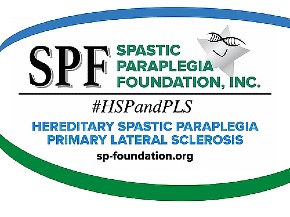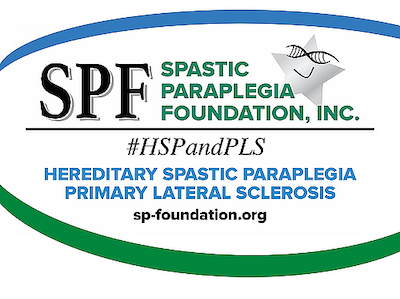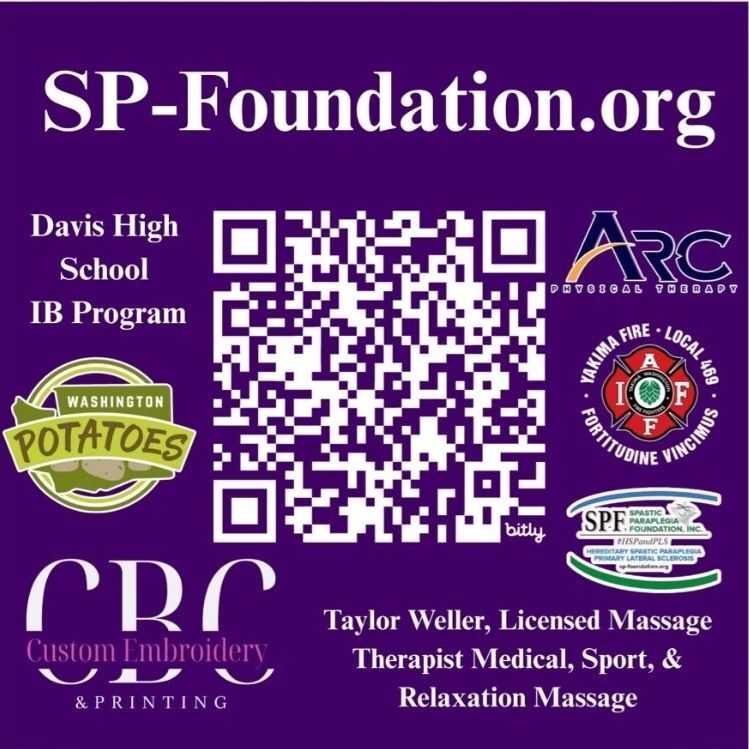How can it be HSP when no one else in the family has it?
There are many explanations for why individuals who have all the signs and symptoms of HSP do not appear to have a family history of the disorder. The most common reason is that the condition may be recessive or X-linked. These forms may have passed down silently for generations until the correct circumstances existed for someone to have the disorder.
Even someone with a dominant form of HSP may not appear to have a family history of the disorder. Since HSP can vary greatly in severity of symptoms and age of onset, a parent may have had a very mild case. His or her symptoms may have gone unnoticed or been attributed to other problems such as old age or arthritis. In addition, since symptoms can develop later in life, the person may have died before showing symptoms, or if still living, may not have developed them yet. Finally, it could be a new gene mutation, making the affected person the first in his family.
Our Impact since our inception...
-
Dollars Raised
Over 12,000,000 dollars for research!













